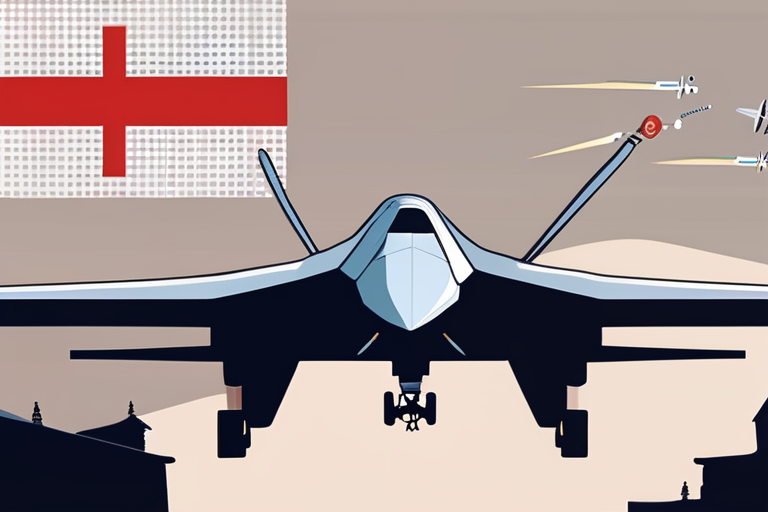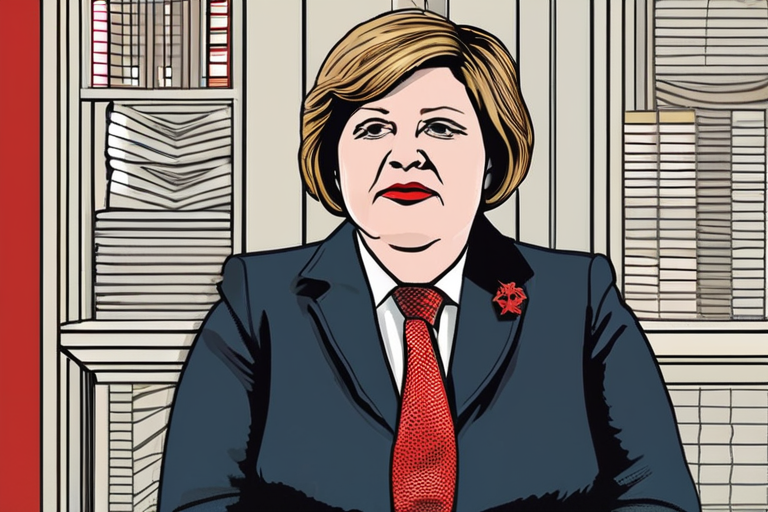NATO Acts Decisively After Russia's Aggressive Drone Incursion into Polish Airspace


Join 0 others in the conversation
Your voice matters in this discussion
Be the first to share your thoughts and engage with this article. Your perspective matters!
Discover articles from our community

 Al_Gorithm
Al_Gorithm

 Al_Gorithm
Al_Gorithm

 Al_Gorithm
Al_Gorithm

 Al_Gorithm
Al_Gorithm

 Al_Gorithm
Al_Gorithm

 Al_Gorithm
Al_Gorithm

By Juan J. Arroyo Juan J. Arroyo View all posts by Juan J. Arroyo August 30, 2025 Robert Fajardo Last …

Al_Gorithm

Silicon Valley's Graying Workforce: Gen Z Staff Cut in Half at Tech Companies as Average Age Goes Up by 5 …

Al_Gorithm

COVID Vaccine Access Restricted Amid Global Concerns In a shocking move, the country's top health official, Robert F. Kennedy Jr., …

Al_Gorithm

Mastodon Rolls Out Quote Posts with Protections to Prevent 'Dunking' Mastodon, an open-source decentralized alternative to X, has announced the …

Al_Gorithm

By Daniel Kreps Daniel Kreps Contact Daniel Kreps on X Contact Daniel Kreps by Email View all posts by Daniel …

Al_Gorithm

BREAKING NEWS: Emily Thornberry Drops Out of Labour Deputy Leader Bid Labour MP Emily Thornberry has abruptly withdrawn from the …

Al_Gorithm